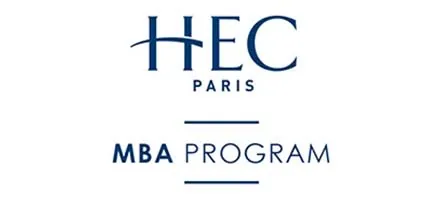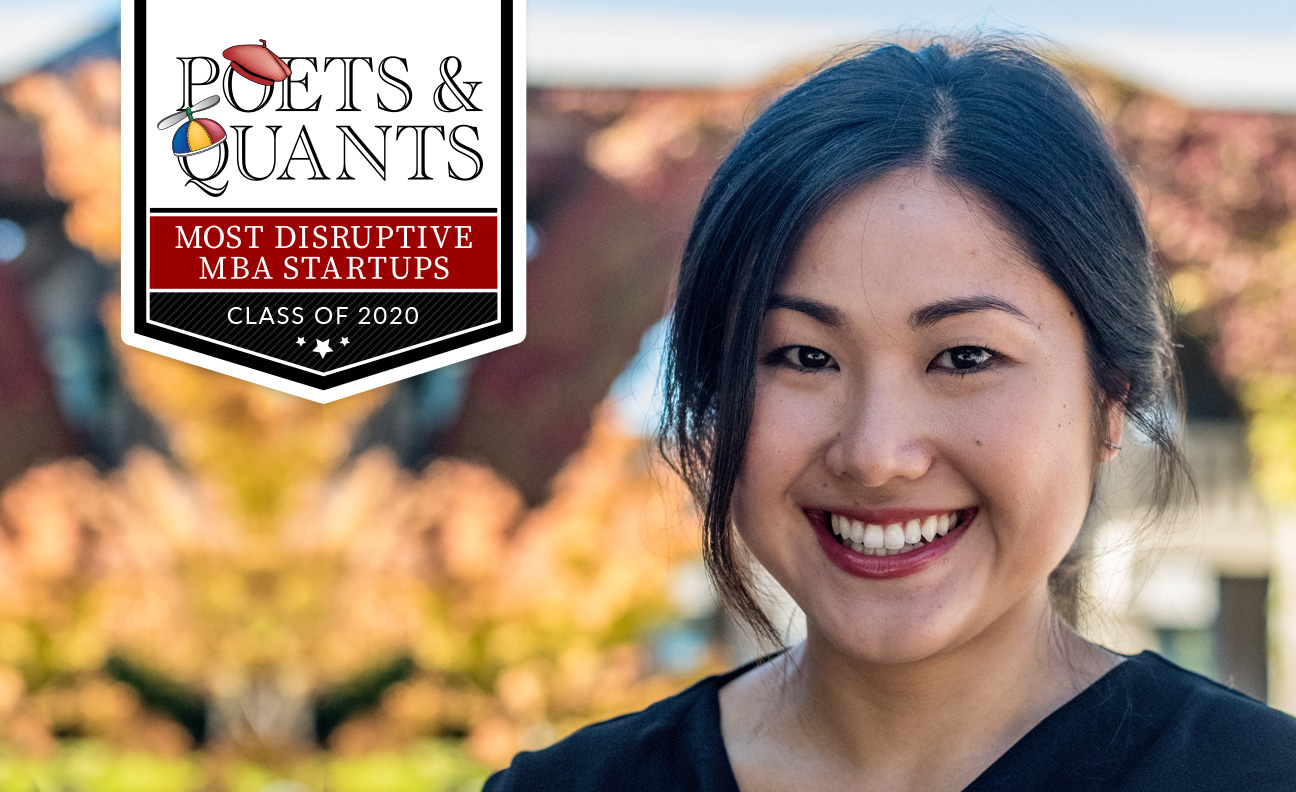Twentyeight Health
MBA Program: University of California Berkeley, Haas School of Business
Industry: Consumer Health
Founding Student Name(s): Amy Fan
Brief Description of Solution: Our mission at Twentyeight Health is to expand access to reproductive and sexual health for underserved communities, including women of color and women from low-income households. Unfortunately, underserved communities have been ignored by the traditional healthcare system and forgotten by the wave of Digitally Native Vertical Brands, or DNVBs, that have been priced at a premium.
Starting with birth control, Twentyeight Health built an end-to-end platform to provide telemedicine, prescription delivery, and ongoing care. We are the only player that accepts Medicaid in NY, NJ, PA, MD, and FL, which is a critical component to ensuring that we are accessible for everyone. Additionally, we’ve partnered with Bedsider to provide free birth control to uninsured women in need.
Funding Dollars: Confidential
What led you to launch this venture? Coming from Canada to pursue an MBA/MPH at Berkeley Haas, it was eye-opening to understand the inner workings of the US healthcare system. Payers, providers, pharmaceutical companies, PBMs — there are so many healthcare stakeholders that start with P — yet patients are often the last considered. I experienced first-hand the difficulties of navigating the U.S. healthcare system. I was not able to see an OB-GYN for over two years because my insurance coverage changed making it difficult to find an in-network doctor accepting new patients.
Seeing the challenges that many patients face across the board, I wanted to find a better way for individuals to get needed healthcare services. As luck would have it, I was introduced to my cofounder, Bruno Van Tuykom, who had led market access in family planning, malaria and HIV at the Gates Foundation. We discussed the potential of telemedicine as he shared his experiences in developing markets, where he had seen how telemedicine could overcome lack of infrastructure and stigma to deliver reproductive and sexual health services. Seeing the situation in the US – where nearly 20 million women live in contraceptive deserts and the maternal mortality rate is 2x higher for women from low income and 3x higher for Black women – we wanted to leverage telemedicine to solve the problem of bureaucracy blocking women from getting care.
What has been your biggest accomplishment so far with venture? Since launching in December 2018, we’ve served the contraceptive needs of women in five states as the only player accepting Medicaid. We offer a range of non-procedural birth control including over 100+ FDA-approved brands of birth control pills, ring, patch, and emergency contraception. We’ve partnered with numerous non-profits and community colleges to reach underserved women and help them find affordable contraceptives. As a part of our model, we donate 2% of revenues to Bedsider and the National Institute for Reproductive Health. In January 2020, we joined the spring MedTech cohort of StartX, a non-profit accelerator developed through Stanford University and Stanford Health Care.
How has your MBA program helped you further this startup venture? The Berkeley Haas environment provides many opportunities for students to explore new ideas, test entrepreneurship, and scale startups. I was able to tailor my experience at Haas, including extracurriculars as a Haas Venture Fellow and InSITE fellow, to pursue entrepreneurship and to develop Twentyeight Heath. There is a wealth of knowledge at Berkeley, and I was able to leverage learnings from classes, particularly ones related to the US healthcare system, and easily meet with professors who had deep expertise in venture capital and tech startups. I also received funding through the Trione Startup Seed Grant to support the development of Twentyeight’s platform.
The support from the Haas community has been a source of strength and motivation. I’m inspired by the other entrepreneurs in my class. We created a network to support each other through the highs and lows and to remind each other to celebrate the wins!
What founder or entrepreneur inspired you to start your own entrepreneurial journey? How did he or she prove motivational to you? There are many famous entrepreneurs with motivational stories. However, it is the kindness of individuals that has impacted me the most. I met Aaron Schwartz, a Haas MBA and serial entrepreneur, during a scholarship interview at Haas and he offered to provide feedback on Twentyeight’s pitch deck. Even though Aaron was busy starting his newest company, he would hop on the phone after putting his kids to bed to provide advice. Additionally, he opened his network and connected us to many investors, help that came when we needed it most. Even though I did not know Aaron well, I was inspired by his willingness to go above and beyond to help a fellow entrepreneur simply because he wanted to pass forward the help he had received along the way. It’s the kindness of real individuals like Aaron that motivates me to do the best I can and pay it forward when I can.
Which MBA class has been most valuable in building your startup and what was the biggest lesson you gained from it? Interpersonal Skills and Embodied Leadership (ISEL) taught by Lecturer Erica Peng takes a different approach that prepares you for all the kinds of people and conversations you will encounter on a startup journey. ISEL focuses on understanding how our perceptions, biases, and previous experiences shape the way we interpret what others say and vice versa. This sounds so simple, but it is incredible how much content and context are lost when the words leave our mouths and enter someone’s ears. It helps you become a more empathetic listener with the goal to understand others rather than to convince them that you are right. When I am facing a tough conversation, I often flip back to notes and readings from this course – or join the remote alumni practices Erica has set up during COVID-19 – to help me navigate through what could be emotionally-charged and tension-filled situations.
What professor made a significant contribution to your plans and why? Kim MacPherson, director of the MBA/MPH program, has provided unwavering support from the beginning. When you bring Kim a challenge, she works with you to question the status quo and to find a solution. Berkeley can be hard to navigate and Kim helped me to customize my coursework so I could gain learnings most applicable to Twentyeight, while building a foundation in public health. Additionally, she connected me to many relevant alumni at providers, payers, and venture capital firms to get expert insights and feedback about Twentyeight. Kim also as acted as a sounding board to help navigate complex healthcare policies, drawing from her expertise to connect me to researchers at UCSF. Because Kim gets to know each of her students and goes to bat for them, she has also created a strong alumni community that readily supports one another.
How did the pandemic impact your startup plans? We’ve seen a significant increase in demand since the start of COVID. With shelter-in-place, many individuals are leveraging telemedicine to seek healthcare services. Telemedicine adoption had been stagnant for several years, reaching ~10% at the end of 2019. COVID-19 has dramatically changed this, with telemedicine adoption forecasted to reach 22% by the end of June.
During the COVID-19 crisis, we want to ensure that all women who want birth control can continue to access it. To lower the barriers further, we have waived the doctor evaluation fees for everyone coming to our platform. Additionally, we are helping women navigate their insurance to get more birth control with their next delivery. Many insurance companies have updated their policies during COVID-19 and we’ve been able to help nearly 15% more of our users get 12 months of birth control with their next delivery. This helps provide security during a level of uncertainty, and helps women who might be worried about losing their insurance coverage.
What is your long-term goal with your startup? We are leading a fundamental shift in healthcare, addressing major health inequities, and leveraging technology to remove the systemic marginalization of low-income individuals and people of color. Our vision for Twentyeight Health is to be a comprehensive women’s health platform providing high quality care for underserved communities, supporting women through different life stages, from when they first becoming sexually active, to conception, to pregnancy, to menopause.
DON’T MISS: MEET THE MOST DISRUPTIVE MBA STARTUPS OF 2020










